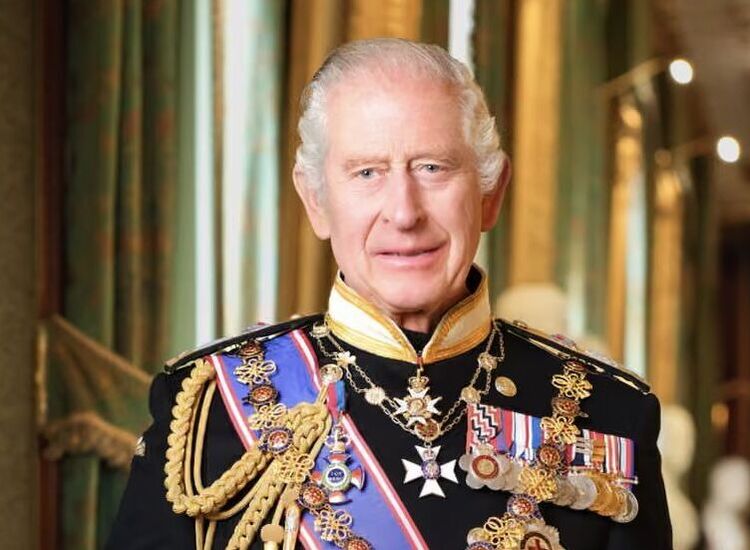Daniel O’Connell in a 1836 watercolor by Bernard Mulrenin.
Between the Lines / By Peter McDermott
Irish singer-songwriter Imelda May said in a poem earlier this month, “You Don’t Get To Be Racist And Irish.”
She’s a big talent and has a way with words. One can’t say she doesn’t act from the best of intentions or that her aims aren’t hopeful.
The problem here is the uncritical way the media lapped this up. RTÉ said the poem was “stunning,” while Irish Central labeled it “powerful.” One would have thought at this point the right thing to say is: “You don’t get to be racist. Period.” Ditch the simplistic, self-regarding nationalist narrative.
Over the past seven days, every Premier League player, every coach, every referee and other match official has taken the knee as part of the struggle against racism and in solidarity with the Black Lives Matters movement. The idea was pretty elemental in a sport in which players face racial abuse constantly. Get the message across: inclusion, equality before the law, full citizenship.
The use of 19th-century Irish history was a strong argument when it came to making a case for people being accepted as refugees and as immigrants into Ireland in the late 20th century and into this one. It resonated. “You Don’t Get to Be Racist and Irish,” on the other hand, is convoluted and confused.
It is no more truthful than Brendan Gleeson’s Garda Gerry Boyle, AKA “The Guard,” saying, “I’m Irish. Racism is part of my culture.”
Brendan Behan suggested that it was part of our culture in the sense that the Irish were just as bad in their roles as European whites when dealing with non-white people overseas. Why can’t we deal with the actual history?
The poem invokes unnamed militant nationalist heroes and martyrs, but some of them were racists; and it wasn’t the cherished hope of those who left Ireland starving that the slaves should be free. Far from it.
Conjuring up an imaginary non-racist past doesn’t help. But we should study and celebrate the Liberator Daniel O’Connell’s abolitionism, and understand the extent to which he was going against the grain. Also fighting a brave uphill battle were the nine young people, eight of them women, who went on strike at the Henry Street outlet of Dunnes Stores in Dublin in the 1980s. They refused to handle produce from Apartheid South Africa, in accordance with their union’s stated policy.
And at a time when we’re marking the passing of Jean Kennedy Smith, we might put her brothers in the O’Connell category: men who often used their privilege in the service of principle. A woman recalling last week in the comments section of the New York Times obituary the contributions of Ambassador Smith’s siblings, male and female, added: “As a person of color, I didn't feel safe in this country unless there was a Kennedy in the Senate.”
Explaining his support for Robert Kennedy in the 1968 Democratic primaries, singer-songwriter Bobby Darin, a white Italian-American from the Bronx, said the senator “has a spiritual understanding of what it means to be poor,” while Sammy Davis Jr. said about RFK, “No one relates to the black man like Bobby.”









